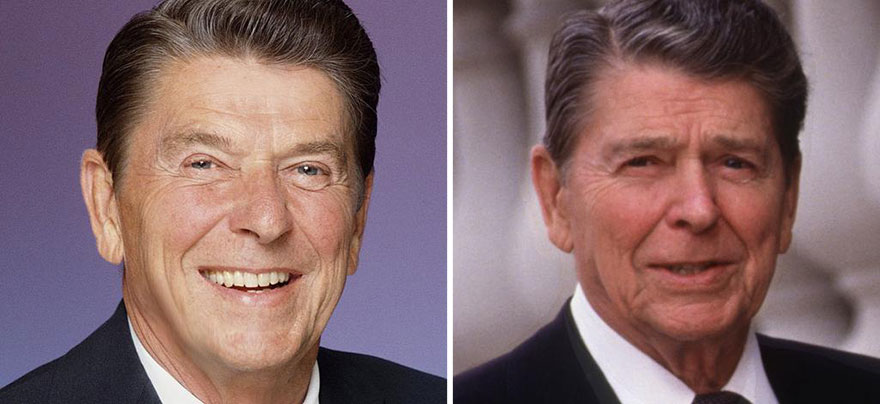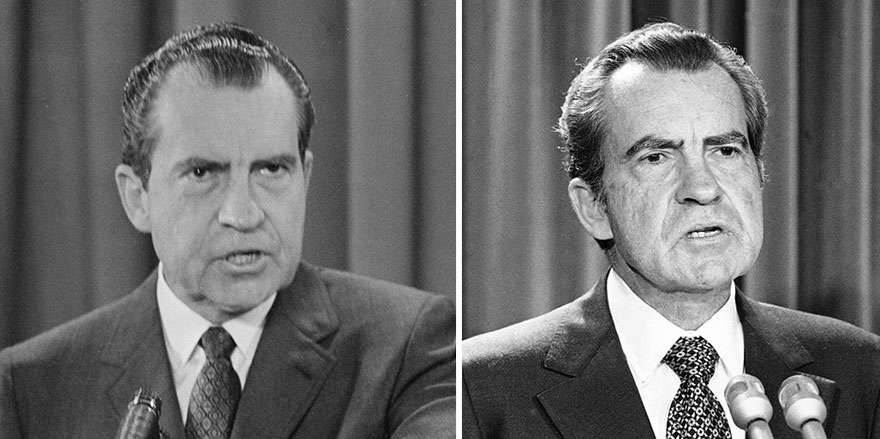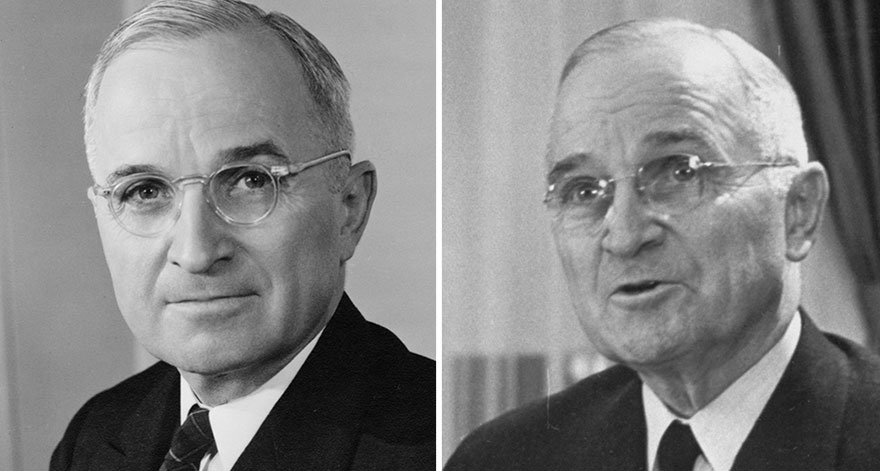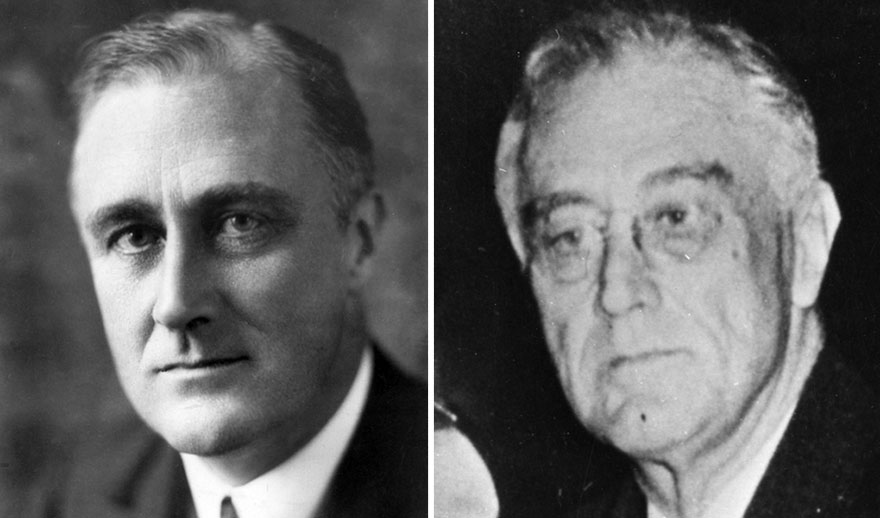Presiding over the United States, one of the largest and most influential countries in the world comes with immense pressure and responsibility. The toll of such a demanding role can be seen in the health and appearance of several former US presidents. These individuals, who have dedicated themselves to public service, have experienced notable changes in their physical well-being due to the strains of their presidency.
The majority of these US presidents have governed the country for eight years or more, making them susceptible to natural aging. But the stress of their jobs—even for those who have been president for four years—accelerates the natural aging process.
Abraham Lincoln - 1861/1865

Abraham Lincoln, known for his leadership during one of America's darkest and most turbulent periods, faced numerous challenges during his four-year term. The Civil War and the weighty decisions he had to make took a toll on his health and appearance. Lincoln's somber expression and haggard appearance in photographs serve as a stark reminder of the burdens he bore.
Even presidents with relatively shorter terms, such as Barack Obama, Bill Clinton, and John F. Kennedy, have experienced visible changes in their health during their time in office. The demanding nature of the presidency, coupled with immense responsibility and constant decision-making, speeded up the aging process.
Barack Obama 2008/2016

Barack Obama, the 44th president of the United States, left office with noticeable signs of aging. The weight of leading a nation through economic turmoil and grappling with complex domestic and foreign policy issues took its toll on his appearance. Similarly, Bill Clinton's presidency, which encompassed significant events such as the Oklahoma City bombing and the impeachment proceedings, left its mark on his face, showing the strain of his time in office.
Bill Clinton 1993/2001

John F. Kennedy, known for his youthful charisma and charm, also experienced visible changes in his appearance during his brief presidency. Dealing with the Cuban Missile Crisis and other high-stakes international conflicts likely contributed to the stress he faced. These challenges, combined with the demanding nature of the presidency itself, left an indelible mark on Kennedy's health.
John F. Kennedy 1961/1963

It is important to note that the aging process itself plays a role in these changes. The stress and demands of the presidency, however, can exacerbate the effects of aging and lead to a more pronounced physical transformation.
Ronald Reagan 1981/1989

Richard Nixon 1969/1973

Dwight D. Eisenhower 1953/1961

Harry S. Truman 1945/1953

Franklin D. Roosevelt 1933/1945

Comments (0)